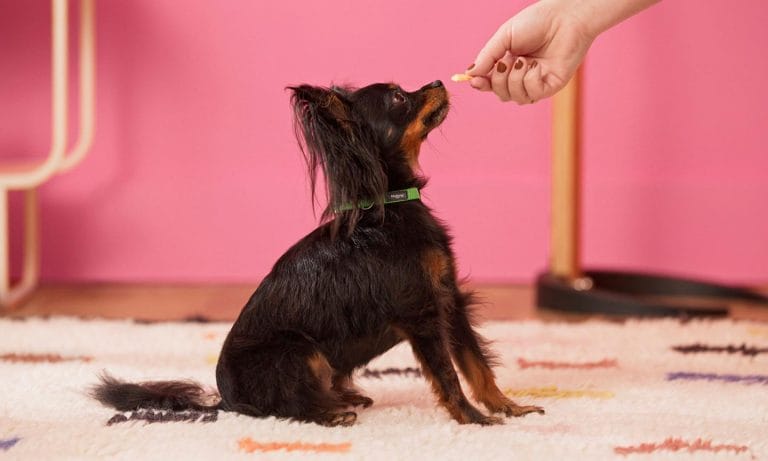Puppies are irresistible, especially when they are very young. Who can resist sweet puppy kisses from a cute little ball of fur?
While your heart might yearn for a baby puppy, your head should prevail when it comes to adding a young dog to your family. The puppy’s age and your lifestyle should be important factors in your decision. Here's how to know when you can take a puppy home.
Consider the Puppy’s Age
While most pups go to new homes at around 8 weeks of age, a puppy is potentially adoptable at any age over 7 weeks, as long as they're healthy.
“A puppy should not go to a new home until they have been dewormed twice: once at 4 weeks and once at 7 weeks. The pup should also have had one vaccine and be on solid dog food and be eating well,” says Beckie Williams, DVM, a veterinarian at Yorba Regional Animal Hospital in Anaheim, California, and a breeder of Pembroke Welsh Corgis.
Delaying separation until pups are around 8 weeks old is ideal because youngsters benefit socially and emotionally from remaining with their mother and littermates during this time.
Puppy Growth Stages
Just like with human children, puppies go through a number of developmental stages as they grow. While some breeds mature more slowly in a physical sense, it’s safe to generalize when it comes to a puppy’s mental development, regardless of breed.
Here’s a general overview of a puppy’s growth phases:
Birth to 8 weeks
The first 8 weeks of life are crucial for a puppy. This is when they learn to get along with other dogs, with the help of their mother and littermates.
During this stage, puppies learn to inhibit their bite—which is important if they're going to get along with dogs and people in the future. The pup’s mother and siblings will let them know in no uncertain terms that a hard bite is not OK. They will also learn to play, to share and to be handled by humans.
According to Williams, pups develop a lot of their personality during the 4 to 7 week period, so when considering a pup for purchase or adoption, think about how that pup has been raised and the traits that they are already showing.
8 to 16 weeks
The next phase of the puppy’s life is the time when they learn to bond with people. Most puppies join a human family during this stage and learn how to interact with people and other pets, as well as the rules of the house.
Puppies are very trainable at this age. They are also very impressionable, especially during the 8 to 12 week old period, when they go through a fear stage. A bad experience during this stage can affect a puppy for the rest of their life.
“The puppies I breed gain a lot of socialization during the 7 to 12 week time frame,” says Williams. “They have interactions with adult dogs, interactive toys and dog toys that make them think, and human attention. They get started on learning to go potty outside, get combed and their nails done, even their first bath. They get encouraged to play well with others and share.”
17 weeks to 8 months
During this stage, puppies learn to assert themselves. They begin to show independence, are easily distracted, and may not listen well. It’s vital to teach obedience commands to your puppy during this period so that they will see you as a leader and grow up to be a well-behaved dog. Positive reinforcement is a far more effective and humane form of training than are methods based on fear or punishment.
Puppies also have a strong need to chew during this stage: They need access to safe chew toys so they don’t do damage.
9 to 16 months
Puppies may look like adults at this stage, but they are still considered puppies. They need consistent training and plenty of positive socialization to learn to feel comfortable in the world.
Consider Your Lifestyle
For families who are inexperienced at raising a puppy, or are gone most of the day, the 10 to 12 week age is the best time for a puppy to go to a new home, according to Williams.
Between 7 and 10 weeks of age, puppies require near constant attention when they are awake. “If someone is home all day, the puppy may be able to go home with them sooner,” she says.
When Is a Rescue Puppy Ready for Adoption?
On the other hand, puppies from a rescue situation may need to go to a permanent home as soon as possible, depending on the circumstances.
“Rescue pups that are not in the best situation or are orphaned may not be in a place where they can get experienced human and animal interaction, so adopting sooner rather than later is probably better for them,” Williams says.
Bringing home a puppy is a commitment, whether that dog has just left his mother or is growing close to adulthood. No matter what age, every puppy needs socialization and consistent training to help grow up to the best dog he can be.
Read more:
Share:












